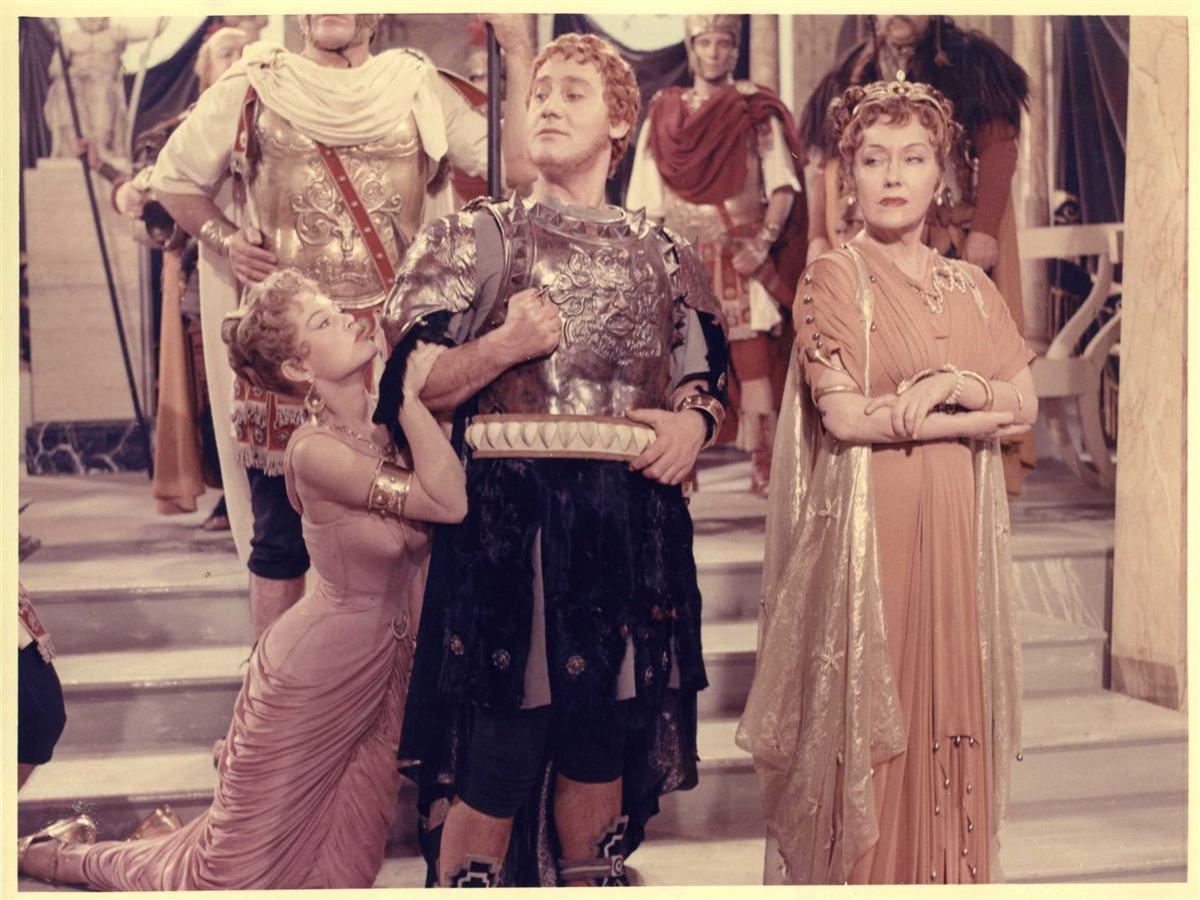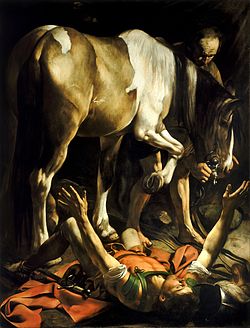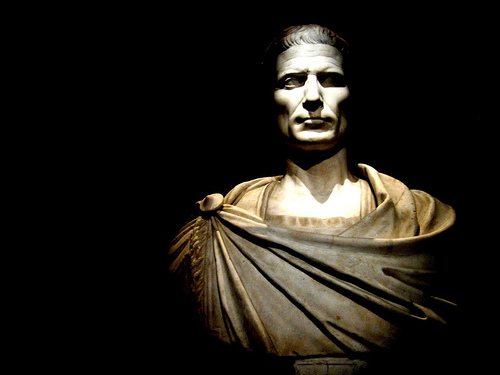Agrippina was the first woman to govern the Roman Empire. Lived in the first century AD., He held this role when her son Nero was too young to be the performer of a power so immense. Agrippina was descended from a lineage important: He was the grandson of Julius Caesar by the mother and nephew of Mark Antony from his father. The woman was well aware of his lineage, and he used all his life this element in order to gain more and more power and space in Imperial Rome. Become the bride of his uncle Claudius in 49 d.c., He persuaded the man to recognize as heir Nero (born from a previous marriage) instead of the natural son of Emperor, Briton. To ensure the succession, the woman in the 54 d. C. poisoned her husband with a mushroom dish and did applaud the son Nero emperor by the Praetorians. The following year, Elle also killed the son of Claudius, Briton. Despite the efforts of his mother to help Nero in politics, the new emperor resented the intrusion of the woman, at times maddening. For this reason, the relationship between the two went higher incrinandosi: Nero began to lean advisors uncomfortable to mother, as the philosopher Seneca, and dating women cheating on the bride that her mother had found, namely Claudia Octavia. It was the lover and future wife of Emperor, Poppaea Sabina, to instigate Nero to commit matricide. According to the Annales written by Tacitus, Agrippina would try even incest to try to divert attention of the son by her lover and to make the role of Augusta It had gained over the years. However, in 59 d. C. and after you got the word out of treason committed by Agrippina against son, the woman was taken to stab and kill. Agrippina was, in good times and bad, one of the most important female figures of the Roman Empire. His boundless thirst for power has led to a dramatic and tragic end.
Maria


